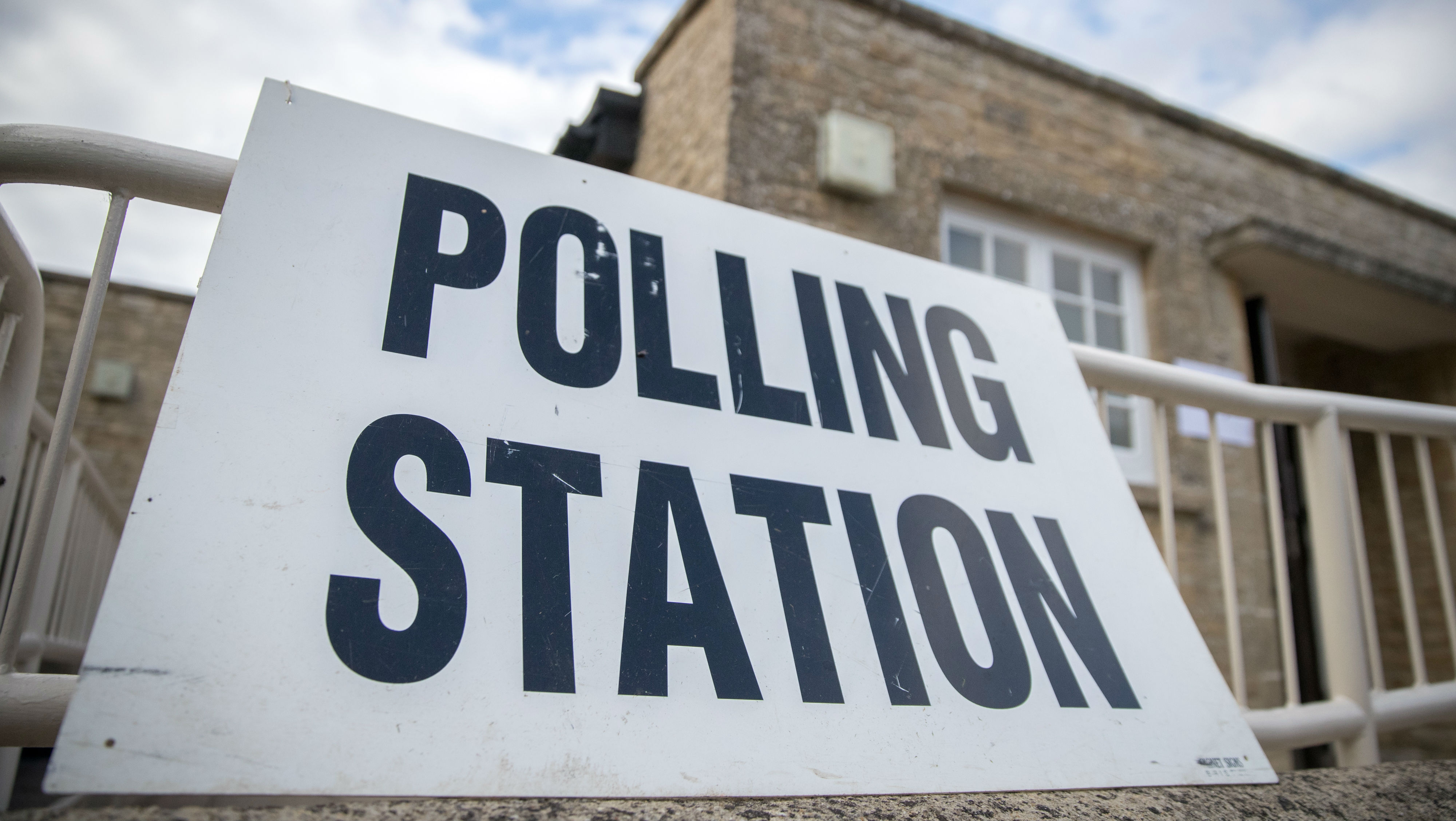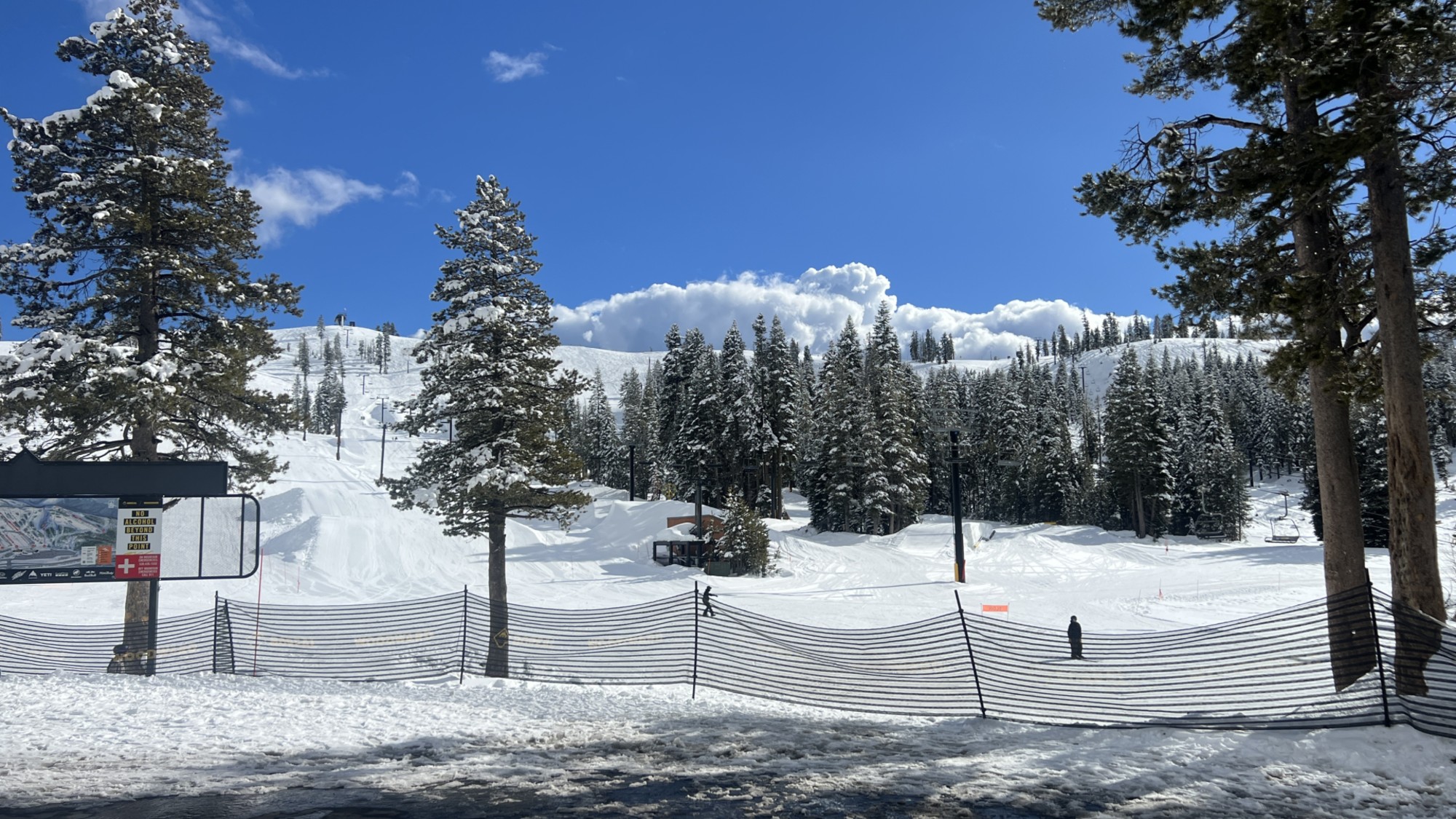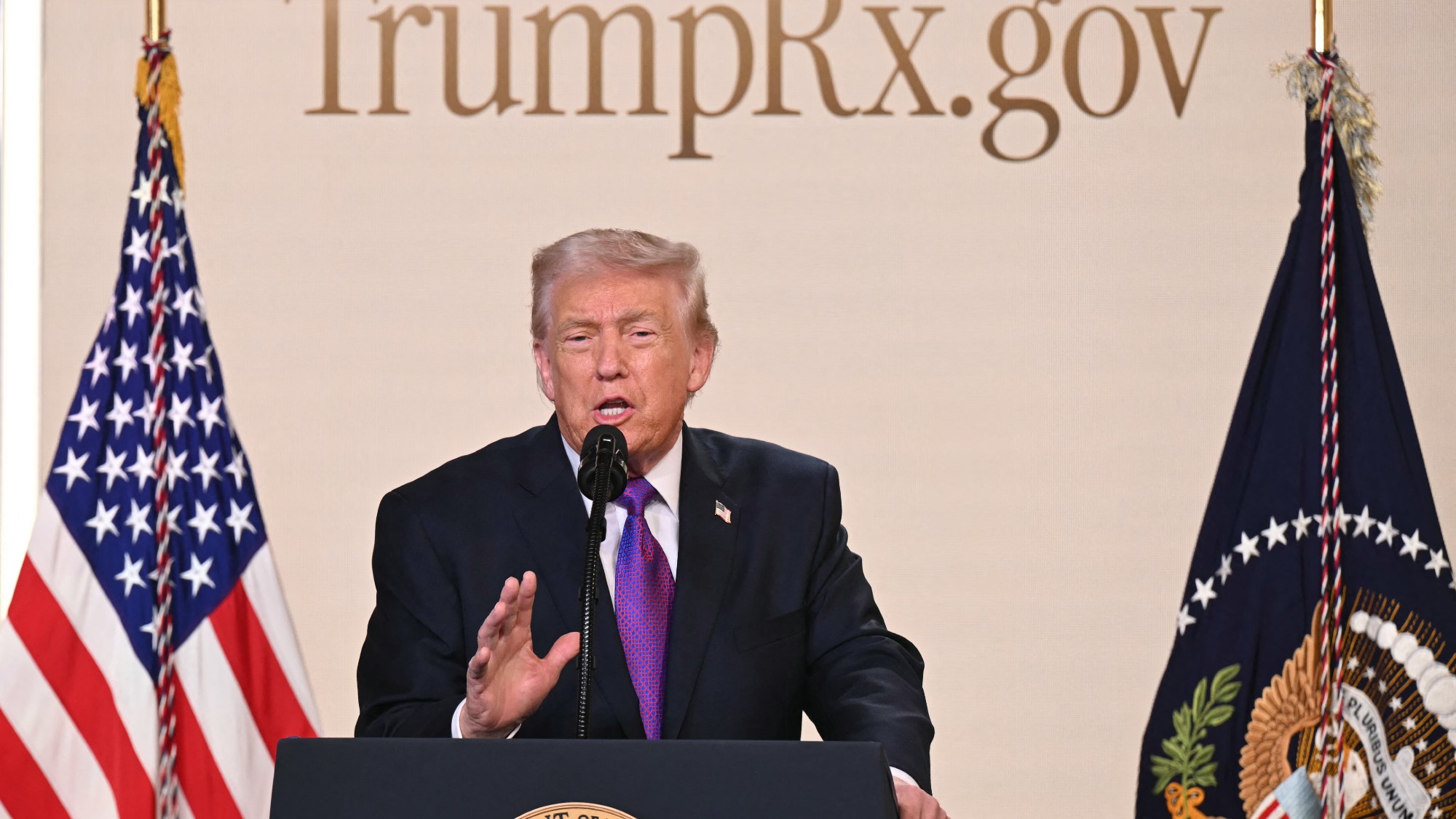General Election 2019: What time do polling stations close and 8 other questions
Do you need ID and what should you do if an emergency stops you voting?

A free daily email with the biggest news stories of the day – and the best features from TheWeek.com
You are now subscribed
Your newsletter sign-up was successful
Election week is upon us and polling stations across the country will throw open their doors at 7am on Thursday, ready for the electorate to cast their votes.
Analysis by polling company Datapraxis this weekend revealed that as many as 80 to 90 constituencies are still up for grabs, meaning the Conservatives and Labour will be battling to the last minute to try to secure the support of voters.
So as the country decides on its next government, here are a few things to remember as you head to your local polling station:
The Week
Escape your echo chamber. Get the facts behind the news, plus analysis from multiple perspectives.

Sign up for The Week's Free Newsletters
From our morning news briefing to a weekly Good News Newsletter, get the best of The Week delivered directly to your inbox.
From our morning news briefing to a weekly Good News Newsletter, get the best of The Week delivered directly to your inbox.
How can I find my local polling station?
The address of your closest polling station will be written on your polling card. However, in case you have misplaced your card, your electoral office will be able to tell you where you need to go to vote.
Alternatively, you can head to government website YourVoteMatters.co.uk and enter your postcode to find your nearest polling station.
What time are polling stations open?
A free daily email with the biggest news stories of the day – and the best features from TheWeek.com
Polling stations are held to a strict 7am-10pm opening schedule. However, if you turn up at the last minute and find yourself in a queue, you will still be allowed to vote as long as you were there by 10pm.
After the 10pm deadline, the result of the exit poll will be released simultaneously on the BBC, ITV and Sky News.
Do I need to take my polling card with me?
No, but taking it with you will make life easier and speed up the process.
Officials at the polling station will have a copy of the electoral register for the area so you can just give them your name and address and they can look you up on their list before giving you a ballot paper.
You also do not need to take your own pen or pencil as they have them in the polling booth, but you are welcome to take one if you prefer to use your own.
Do I need ID to vote?
In England, Scotland and Wales, voters do not need identification. However, voters in Northern Ireland are required to bring a form of recognised photographic identification to the polling station.
How does the ballot paper work?
Your ballot paper will contain a list of the candidates running to be your MP. Mark an X against the one candidate you want to elect to represent your constituency – bearing in mind that many parties do not put forward candidates for all constituencies.
If you make a mistake, tell the people working at the polling station and they will give you a replacement ballot paper provided you haven’t already placed it in the ballot box. Once you’ve done that, your vote is cast and cannot be replaced.
Can I use social media while casting my vote?
The short answer is “with extreme caution”. The Electoral College frowns upon and strongly discourages voters from posting updates on social media platforms while inside a polling station, with particular warning given to those wishing to take a selfie.
Posting about someone else’s vote, whether intentional or not, is illegal. Releasing information “obtained in a polling station” could land you with a fine of up to £5,000 or even six months in prison. Furthermore, posting a photo that reveals your own ballot paper’s unique identification number is also illegal and comes with a similar penalty.
What you are allowed to do is take photos outside of the polling station. In recent years, dog owners have taken to posting pictures of their pets on social media with the slogan #dogsatpollingstations.
What if I need help to vote?
Voters with disabilities preventing them filling in their ballot paper can ask for help from the polling station’s presiding officer, who can mark the ballot paper on their behalf, or they can request the presence of a family member or qualified elector to assist them.
Partially sighted or blind voters can request either a large-print ballot sheet or a Braille template, which is placed on top of the ballot paper.
What if I can no longer vote owing to an emergency?
If you have a last-minute reason for not being able to vote, such as a serious medical emergency or your employment leaving you unable to reach the polling station, you can apply for an emergency proxy vote.
Although the deadline to register for a regular proxy vote has passed, voters can apply for an emergency one up to 5pm on the day of the poll.
In these circumstances you should contact your local Electoral Registration Office.
Who should I vote for?
The ultimate question – and the answer to which is entirely down to you. But if you are really stuck and are not sure who to back, websites such as whoshouldyouvotefor.com and isidewith.com have devised quizzes to help you decide which party best represents your views.
The Week is also here to help and has a rundown of all the major parties’ manifestos:
- The Tory manifesto
- The Labour manifesto
- The Liberal Democrat manifesto
- The Brexit Party manifesto
- The Green Party manifesto
- The general election manifestos at a glance
-
 Democrats seek calm and counterprogramming ahead of SOTU
Democrats seek calm and counterprogramming ahead of SOTUIN THE SPOTLIGHT How does the party out of power plan to mark the president’s first State of the Union speech of his second term? It’s still figuring that out.
-
 Climate change is creating more dangerous avalanches
Climate change is creating more dangerous avalanchesThe Explainer Several major ones have recently occurred
-
 What’s TrumpRx and who is it for?
What’s TrumpRx and who is it for?The Explainer The new drug-pricing site is designed to help uninsured Americans
-
 How corrupt is the UK?
How corrupt is the UK?The Explainer Decline in standards ‘risks becoming a defining feature of our political culture’ as Britain falls to lowest ever score on global index
-
 How long can Keir Starmer last as Labour leader?
How long can Keir Starmer last as Labour leader?Today's Big Question Pathway to a coup ‘still unclear’ even as potential challengers begin manoeuvring into position
-
 The high street: Britain’s next political battleground?
The high street: Britain’s next political battleground?In the Spotlight Mass closure of shops and influx of organised crime are fuelling voter anger, and offer an opening for Reform UK
-
 The MAGA civil war takes center stage at the Turning Point USA conference
The MAGA civil war takes center stage at the Turning Point USA conferenceIN THE SPOTLIGHT ‘Americafest 2025’ was a who’s who of right-wing heavyweights eager to settle scores and lay claim to the future of MAGA
-
 Is a Reform-Tory pact becoming more likely?
Is a Reform-Tory pact becoming more likely?Today’s Big Question Nigel Farage’s party is ahead in the polls but still falls well short of a Commons majority, while Conservatives are still losing MPs to Reform
-
 The launch of Your Party: how it could work
The launch of Your Party: how it could workThe Explainer Despite landmark decisions made over the party’s makeup at their first conference, core frustrations are ‘likely to only intensify in the near-future’
-
 What does the fall in net migration mean for the UK?
What does the fall in net migration mean for the UK?Today’s Big Question With Labour and the Tories trying to ‘claim credit’ for lower figures, the ‘underlying picture is far less clear-cut’
-
 Will the public buy Rachel Reeves’s tax rises?
Will the public buy Rachel Reeves’s tax rises?Today’s Big Question The Chancellor refused to rule out tax increases in her televised address, and is set to reverse pledges made in the election manifesto